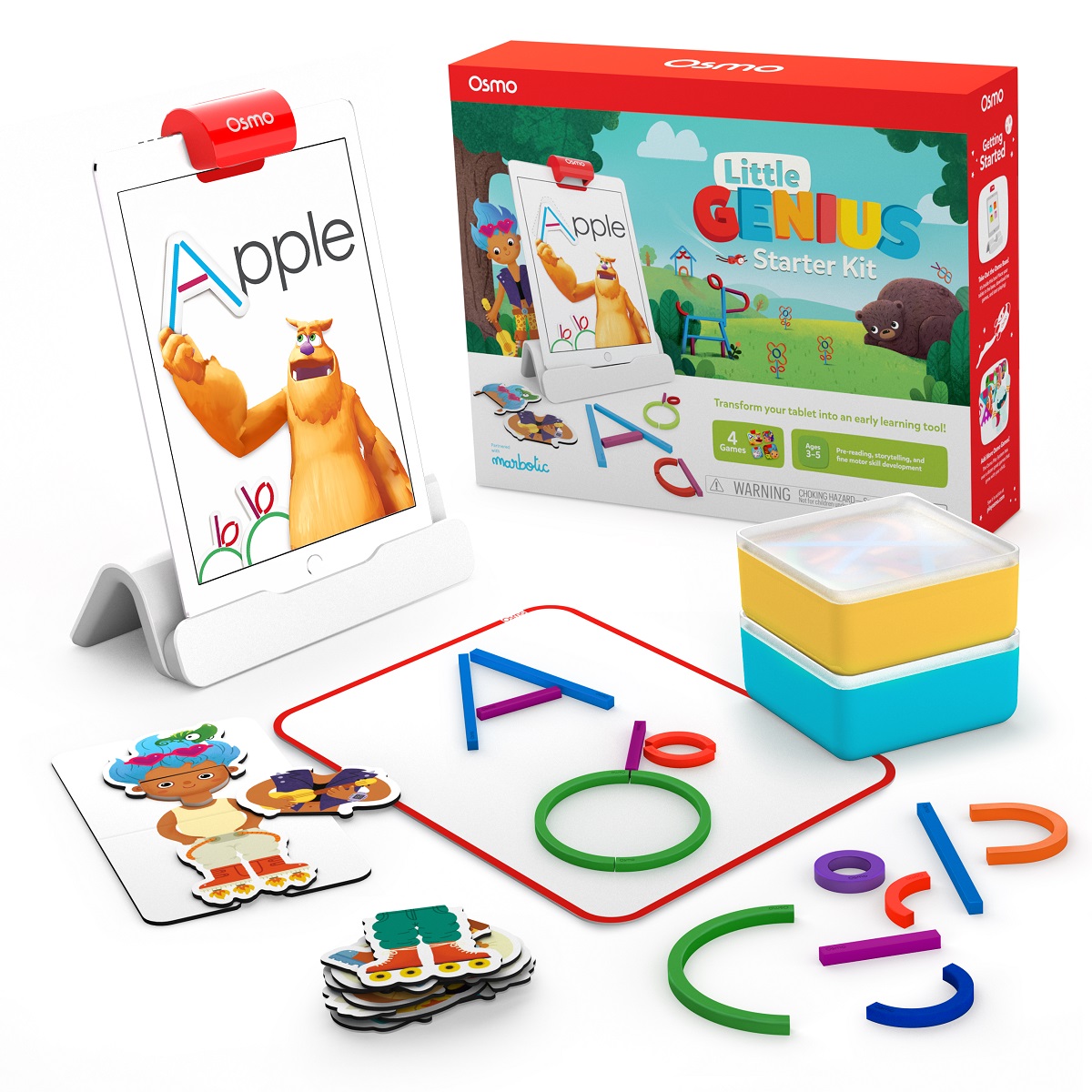Byju’s Osmo division is taking mobile innovation to preschoolers with the launch of the Osmo Little Genius Starter Kit.
When Indian edtech startup Byju acquired Osmo for $120 million in January, it signaled a shift for Osmo to focus more on education than ever. And that’s reflected in the release of this title, said Pramod Sharma, CEO of Osmo, in an interview with GamesBeat.

Unlock premium content and VIP community perks with GB M A X!
Join now to enjoy our free and premium membership perks.
![]()

![]()